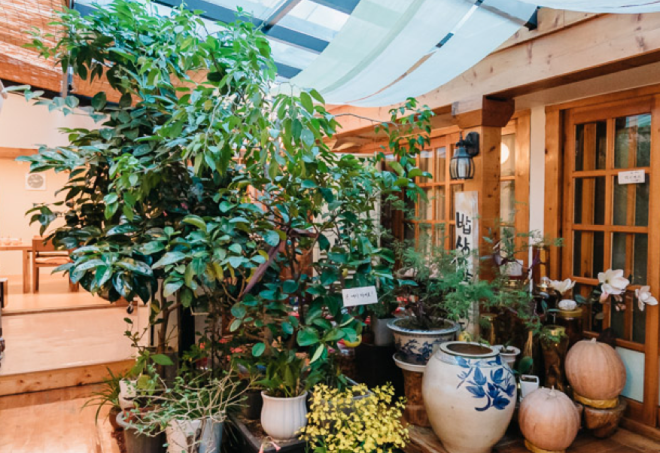Overview
When’s the best time to go to Seoul?
Seoul’s humid subtropical climate has four distinct seasons, and there is no official off-season. Some say that the city is at its best in the spring when cherry blossoms bloom, while others prefer fall, when leaves turn into a fiery mass of red, gold, and brown. Winters can be brutal, but they lend the capital city a whitewashed beauty. Summer temperatures often rise into the 90s, with rain falling during the late-summer typhoon period. No matter when you visit, however, there’s plenty to do both indoors and out.
How to get around Seoul
Incheon International Airport is located in the city of Incheon, about 50 miles from downtown Seoul. The fastest way to Seoul is via the Airport Railroad Express train: It’s a bargain, at under $10, and you’ll be in the heart of Seoul in precisely 43 minutes. Buses (also $10) and taxis (at least $70) are available as well, if you are prepared to battle Seoul’s legendary traffic.
The Seoul subway is vast, yet easy to navigate. You pay by distance, and most rides cost between $1 and $2. Aboveground buses roll to every corner of the city for prices that range between $.75 and $2, depending on the route. It’s easy to find taxis waiting on every corner.
Tip: When hailing a taxi on the street, it’s more polite to flag it with your hand facing down, not up. Seoul is well connected to the rest of South Korea with excellent transportation options including high-speed trains.
Can’t miss things to do in Seoul
The N Seoul Tower rises from atop Namsan Mountain in the center of the city. Look for it to get your geographical bearings, or better yet, take the cable car to the top to get 360-degree views—on a clear day, you can see all the way to North Korea.
Food and drink to try in Seoul
Until relatively recently, it was unusual to find anything but strictly Korean fare in Seoul. While thousands of authentic Korean restaurants continue to serve up staples such as kimchi, galbi, and bibimbap, it has become easier to find Mexican, Italian, Indian, and Thai options as well. Street food is available on practically every corner, and you can fill your belly with dumplings, rice cakes, or deep-fried veggies for less than $5.
When it comes to drinks, cocktails and wine are growing in popularity but soju (a vodka-like distilled rice liquor) and beer rule. And did we mention that Seoulites love coffee? Every street is now peppered with cafes, from huge chains like Angel-in-Us to small independent shops.
Culture in Seoul
Seoul offers classic beauty in the form of countless palaces, courtyards, and other royal property that has survived the city’s modernization process. The city’s energetic art, fashion, design, and architecture scenes earned it a UNESCO World Design Capital designation in 2010, and you’ll encounter contemporary culture in galleries, boutiques, and public art installations.
Korea is a country that celebrates tradition, and the numerous local festivals are a testament to the people’s immense national pride. The Fireworks Festival lights up the sky over the Han River in October and the Lantern Festival brings a gorgeous glow to the banks of Cheonggyecheon Stream in November, but no matter when you go, your visit will likely coincide with some sort of celebration. In addition to classic and historic culture, Seoul is known for its style, boy bands, and a quickly shifting pop culture. Dip your toe into the scene with a Seoul Night Tour in Hip Hongdae from AFAR’s walking tour partner, Context.
Local travel tips for Seoul
Navigating your way through Korea, with it’s challenging-to-decipher Hangul alphabet, can be daunting. Fortunately, most signs in Seoul are also written in English, and many locals will be eager to help you find your way and practice their English. Visitors, remember this phone number: 1330. It’s the English-speaking tourist help line. The operators will help you with whatever you need, be it train schedules or directions to the nearest movie theater. Don’t hesitate to call day or night, no matter how silly you think your question is. They’ve heard it all.
Local Resources
Guide Editor
Leslie Patrick is a freelance writer who splits her time between South Korea and a nomadic life of slow traveling around the globe. Leslie writes about travel, culture and lifestyle, and her work has been published in Salon, Marie Claire (UK and Australia editions), Islands, Travel + Leisure, Monocle, United Airlines’ Hemispheres Magazine and various English language publications in Korea.






